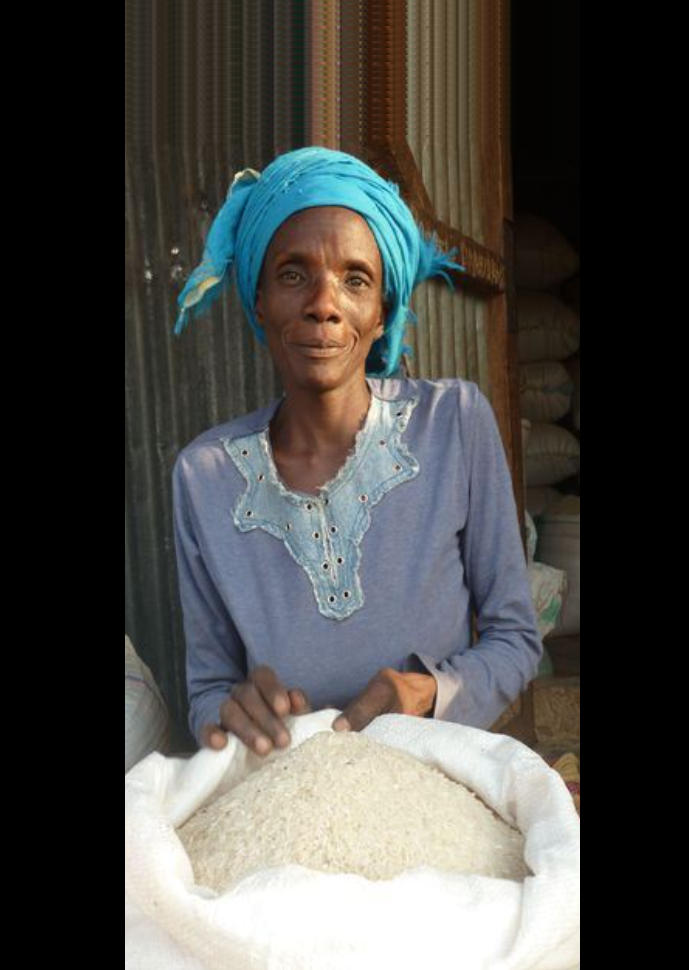Striving to grow: the impact fund helping SMEs in Tanzania
Imagine you have a small business, and you need a loan to grow. Now imagine you are too small to be even considered by your local bank, yet too large for micro-financing. Often, when we think about small and medium enterprises (SMEs), we tend to consider them as a unified category, similar in size and needs. But the reality on the ground is much more diverse, and for a lot of entrepreneurs, access to financial support is more complicated than it appears on paper.
This is particularly true in a lot of African countries, where agriculture is a crucial sector. Small- and medium-sized agribusinesses provide livelihoods for many people, and fuel economic development.
Though not often discussed in global dialogues on the smallholder farmer financing gap, the challenge of managing foreign currency risk is a critical issue facing finance managers who work on the frontlines. The unpredictability and variability of farmer cash flows, along with the variability of loan tenors required, make it difficult for lenders to predict repayment cycles, aggregate repayments, and reliably hedge their exposure if a loan is in foreign currency.
Many end-beneficiaries are smallholder farmers who live in rural areas of East Africa and access to financing and new markets can make a real difference. Better farming practices lead to more productivity and therefore more income, while also leading to more environmentally friendly production and increased climate resilience. What is innovative about SIF, however, is not only that they are helping a lot of small and medium enterprises to grow, but also that their approach is focused on achieving a real and measurable impact. This vision, is the reason why the CFC invested in SIF since the beginning, even holding a seat on their Advisory Board. SIF measures and monitors its social impact based on an impact assessment tool developed by the Finance Alliance for Sustainable Trade. Impact is measured against social, economic, and environmental indicators and, in consultation with the SMEs, benchmarks are set and monitored throughout the loan.
“Impact measurement is very important for us,” continues Mentink. “We want to make sure that what we are doing works, but we also need to understand where we can improve.
In-depth impact surveys are occasionally undertaken, and so far the results are promising. Nonetheless, Mentink is also aware of the shortcomings of the system. “We want our impact to be measured not only through numbers, which is why we decided to interview our suppliers directly through a thirdparty company to hear what they had to say,” he explains. “The preliminary results are very encouraging and while this is a great starting point, we are aware that the results may not be completely accurate because farmers tend to speak mostly positive when they are talking to someone they don’t know. So, we are working on building their confidence to be able to open up about what is not working as well. That’s how we can improve.”
SIF plans to expand to other countries in the future. They are also looking at supporting more women entrepreneurs going forward: “usually when it comes to family businesses, women are the backbone of the company,” says Allert Mentink. “They also tend to be better at paying back loans and are more conservative when it comes to taking up loans, so they rarely over-ask, and they usually already have some of the money put aside to start paying back.” Anyone who has a small business can empathise with the difficulties of having enough funds to be able to survive and invest in growth. For the almost 20,000 smallholder farmers who have benefitted from SIF’s small loans, they are expected to create even broader impacts in many ways.
“At the CFC, we invest in innovative, impactful ideas, like SIF. We’re not simply investing to make money; we’re investing to make a difference. With this partnership, the CFC is also keeping its promise to ‘walk back’ along the value chain to see that smallholders receive what is fair and commensurate to their toil and labour. It complements our goal to make the value chain transparent and traceable, while remaining gender sensitive,” says Andrey Kuleshov, Strategy and Development Advisor of the CFC.
What is truly inspiring about SIF is their persistent desire to do more and do better using finance and innovation together. This has the potential to be game changing for so many SMEs all around Africa, and to inspire for the rest of the world. In order to realize these ambitions, SIF plans to expand to other countries in East Africa, such as Uganda and Kenya, by 2023.

